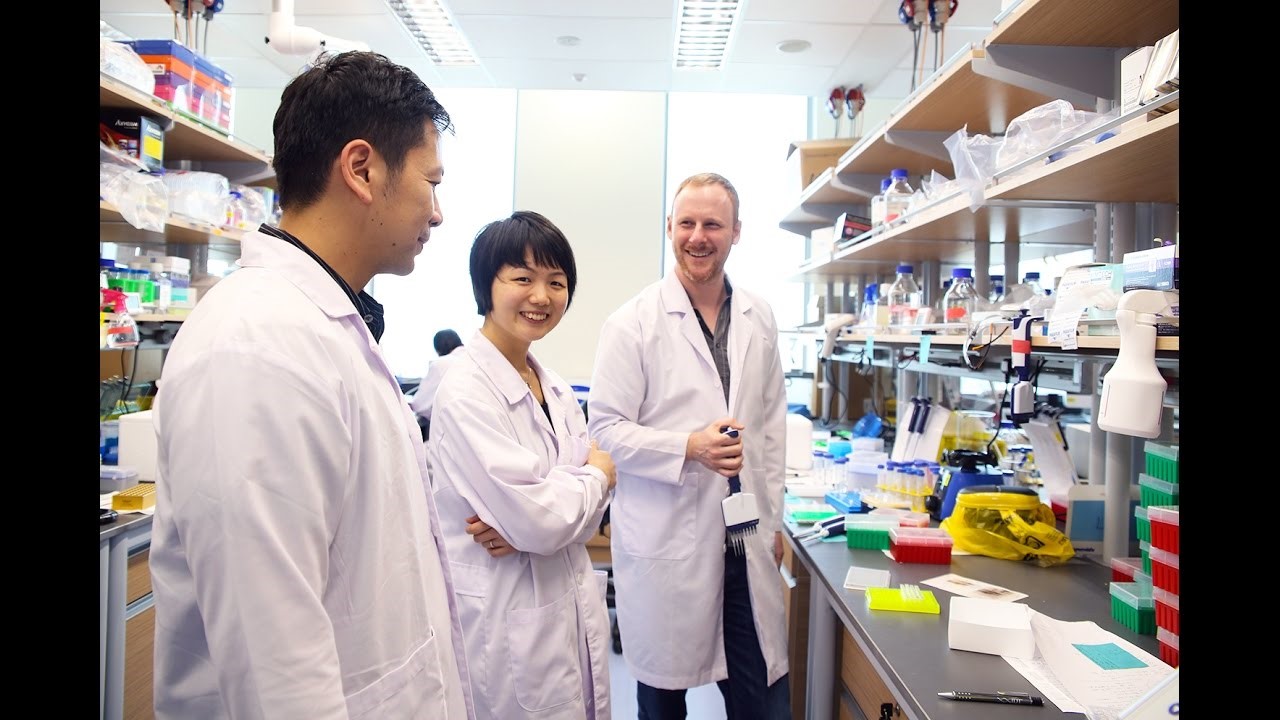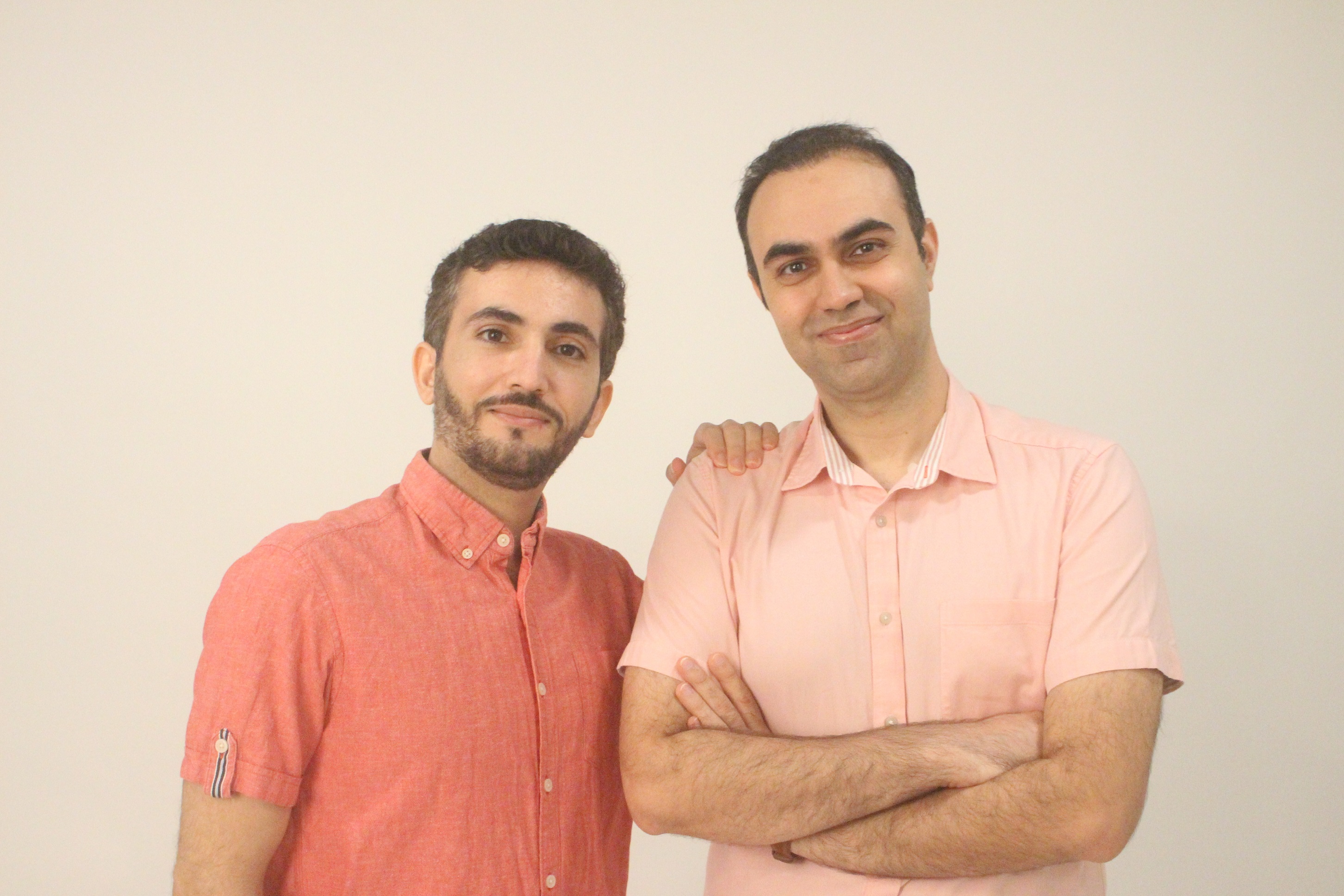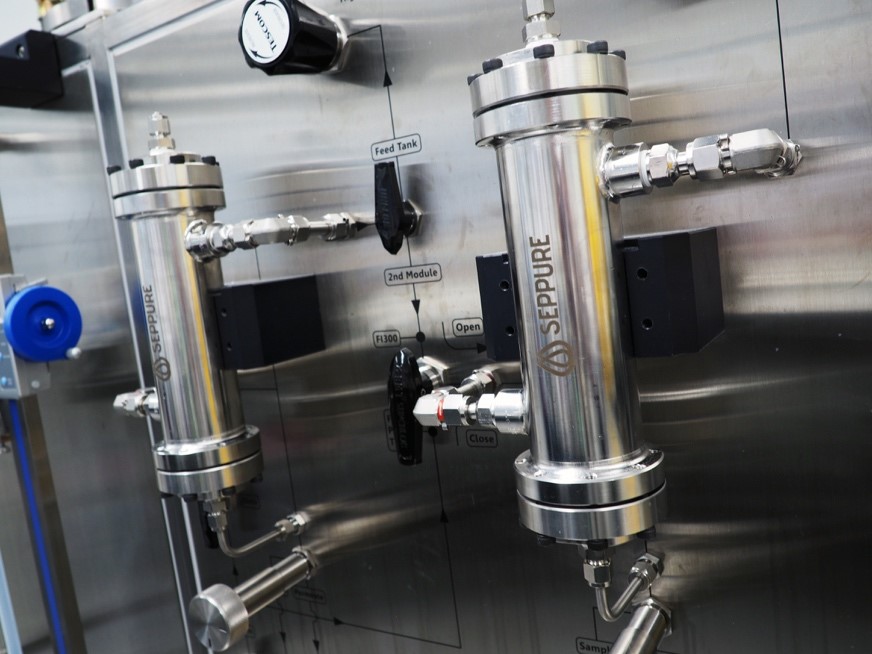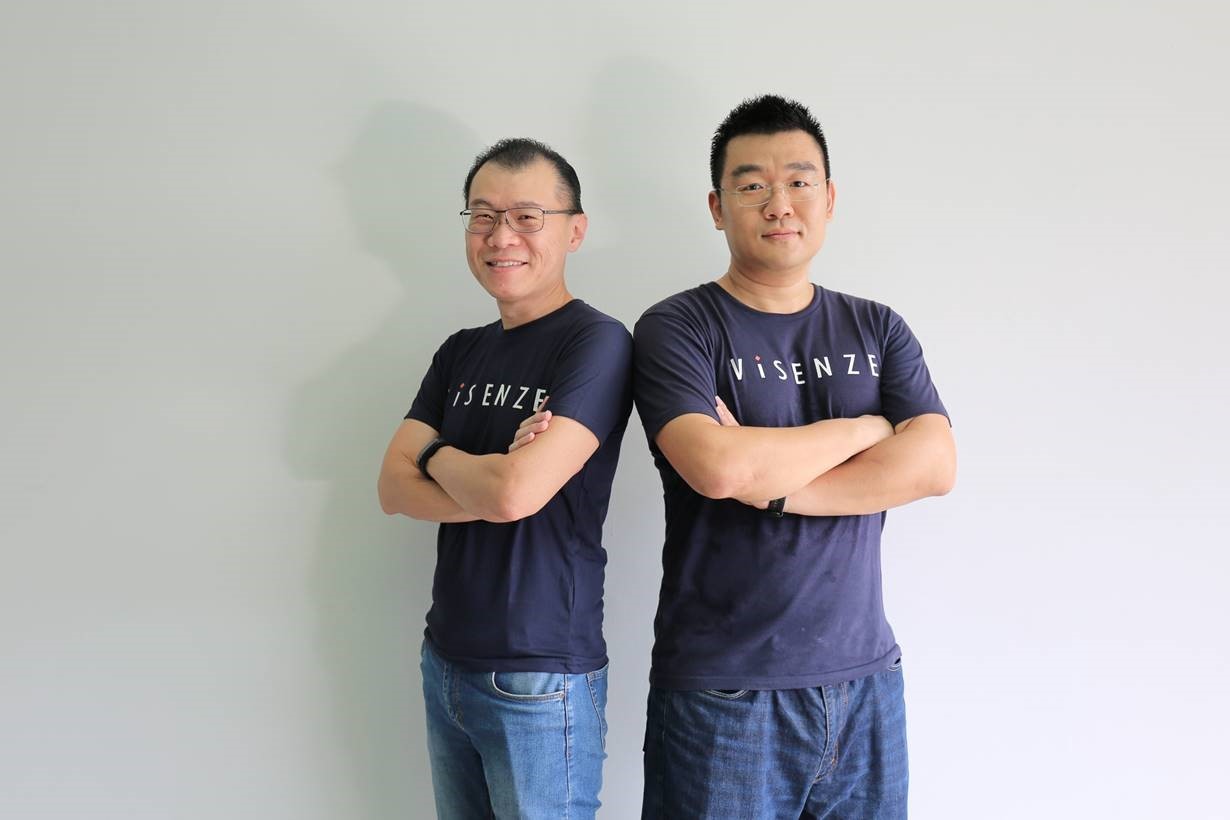
Improving Patient Outcome through a Deeper Understanding of Cell Activity
Advancement of disease treatment in recent times brings about new approaches to tackle cancer. These new approaches include targeted therapy, immune therapy and cell therapy. However, the effectiveness of a specific treatment depends on using the right medicine for the right patient. This can be a challenge due to issues such as patient-to-patient variations in drug responses, side effects and toxicity, as well as tumour heterogeneity (variations in cancer tumours). The lack of predictive biomarkers that help guide clinical decision-making also prevents the potential of these therapies from being fully realised.
Proteona, a biomedical start-up, aims to address these issues through its suite of novel technologies, collectively known as the Enhanced Single Cell Analysis with Protein Expression (ESCAPE™) platform. This enables the simultaneous collection of protein and gene expression information from identical single cells. By combining this multi-omic single cell analysis with state-of-the-art data analysis, clinicians and scientists can characterise clinical samples such as solid tumours, liquid tumours and cell therapies. This will enable a better and more thorough understanding of the tumour heterogeneity in a patient and the subsequent patient response to a particular therapy.
Proteona’s entrepreneurial journey began when Gene Yeo and Jonathan Scolnick, two Principal Investigators (PIs) from the NUS Department of Physiology joined the Lean Launchpad Programme. This is an entrepreneurial education programme that aims to help researchers commercialise their inventive technologies into commercially-viable products and services. However, developing their protein and gene expression methods into a product was not an easy task. The NUS PIs were joined by Shawn Hoon from A*STAR’s Molecular Engineering Lab.
“We had to work with various collaborators to develop these proteogenomic assays. Not only are the assays complex, requiring knowledge in chemistry, biochemistry and molecular biology, but the data analysis needed to be developed from scratch. Only a team of people focused on the same goal can put together such a puzzle. In addition, we had to talk to many potential users, to understand their needs and make sure the product we were developing fit what the market was looking for,” explained Gene Yeo, Co-founder Proteona. “We were fortunate to gain support from the NUS Industry Liaison Office, in terms of funding assistance, patenting support and introductions to the right people.”
Another challenge for proving the benefits of their technology was protocol compliance, which involved working closely with customers to ensure key steps are followed. Realising that different customers require different levels of support, Proteona has rolled out a range of products and services. This includes their flagship product, the sample-to-answer ESCAPE™ RNA-Seq service, which analyses different types of cells for customers including PBMC profiling, cell therapy characterisation and tumour analysis. For customers who have experience in single cell genomics, Proteona offers the ready-to-use ESCAPE™ kit. In both cases, customers gain access to Proteona’s growing list of bioinformatics tools and experience in single cell analysis including a recently published AI tool for single cell annotations.
Proteona already has customers in Singapore, Europe and the U.S. and is continuing to expand its product portfolio with more dynamic plans for advancing the treatment of cancer. Stay tuned!
Success Stories

How Allozymes Engineers the Right…
When you eat a slice of cheese, drink a pint of beer or even wear your…

SEPPURE Nanofiltration Technology =…
Did you know—the energy required to separate and distil chemical mixtures used…

Empowering Search
Imagine walking down the street and spotting someone wearing an incredible…